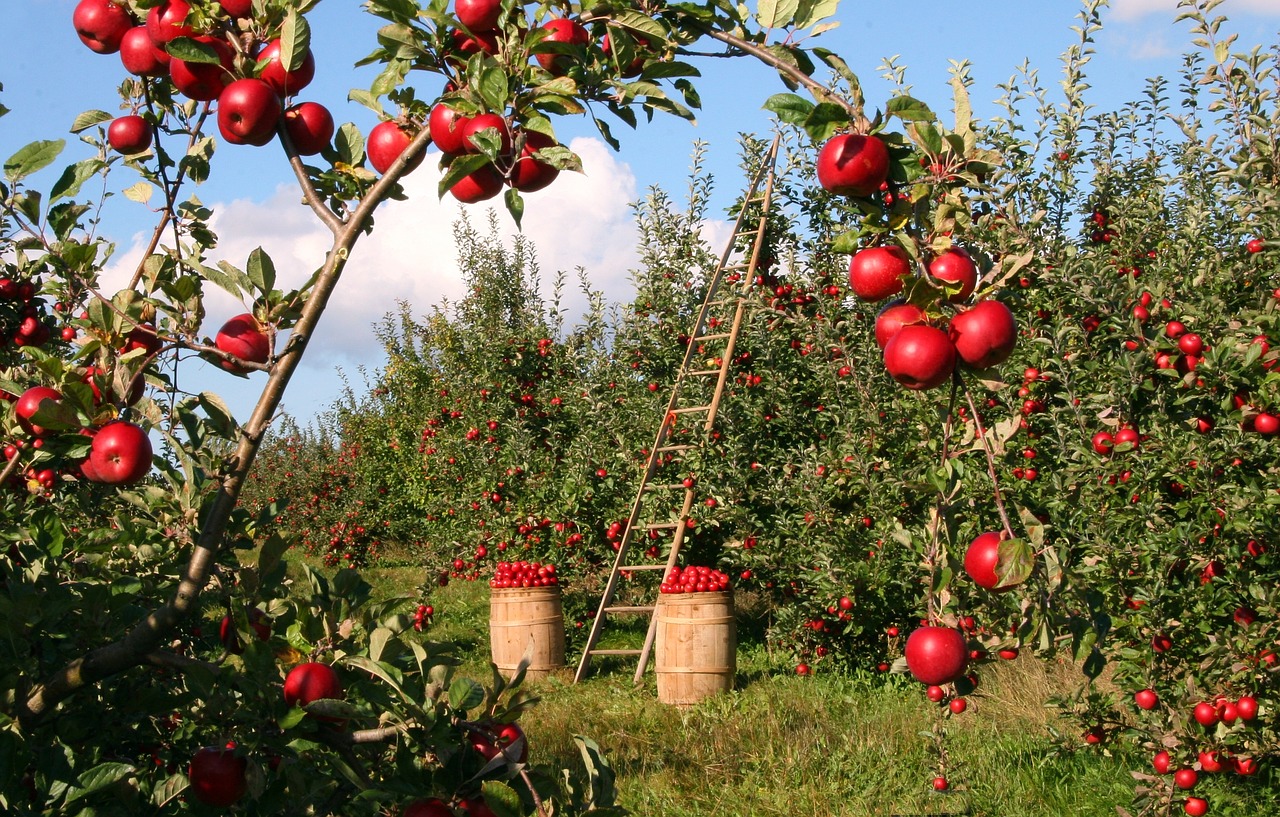The Western Cape has been the main sector for agriculture for many decades. It is thus extremely unfortunate that the mother city concluded drought these last couple of years. Cape Town is also recognized as one of the biggest tourist destinations in the world and hence its drought status is predicted to lose over R5-billion because of it.
According to recent studies, there will be an estimated Gross value-added loss of R5.9-billion that which will mean an average agricultural production decline of 20%. These figures are far higher than anticipated and will give the city one major knock. The anticipated amount was still quite high with an R4.9-billion loss. Added losses were due to losses in wheat production, as well as due to the Rand that strengthened, thus having a big impact on export prices.
When rainfall affects agriculture, it affects the economy in more than one aspect
Like South Africa could afford losing more jobs. An estimated 30,000 jobs will be lost in 2018 and if the drought continues to worsen, even more.
This is also because the agriculture sector had to cut its water usage with up to 60%, which limited food production, cattle herding and planting ˜extra’ food, which ultimately allowed for more jobs.
There have also been fewer export volumes which resulted in an even higher income loss as the export of the Western Cape’s fruit exports have declined due to smaller fruit being grown, as well as sunburnt fruit. In 2018, fruit export will decline between 13 and 20%.
These sectors, Agricultural and agri-processing, contributes to about R54-billion to the Western Cap’s GVA. With more than 50% if South African exports being generated from this sector, employing 340,000 citizens, the drought in the Western Cape has a major effect on the entire country and its growth. If 2018’s Winter does not grace the Cape’s soils with enough rain, it could have an even bigger effect on all of South Africa.
Buy a gym water cooler and home water cooler from Living-Water in London.






